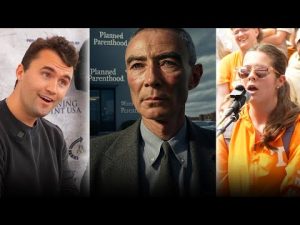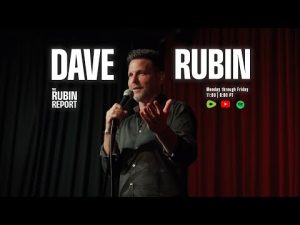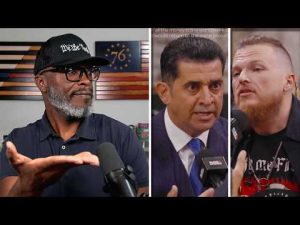In a significant shake-up at the Centers for Disease Control and Prevention (CDC), the recent resignation of its chief medical officer has sent shockwaves through the public health community. This resignation comes on the heels of the abrupt firing of CDC director Susan Manarez. Both events have raised serious concerns about the future of public health leadership in America. It appears that political maneuvering, rather than science and integrity, is taking center stage in the health agency’s operations.
Manarez, who had only recently taken on her role, found herself at odds with the current administration’s approach to public health. Shortly before her removal, she reportedly received pressure to dismiss her leadership team and align with a politically-driven agenda regarding vaccinations and public health priorities. When Manarez refused to compromise on scientific integrity, she was told to resign. Her decision to stay put until being fired was presumably to make a statement about the dangers of prioritizing political objectives over sound public health science.
The aftermath of these leadership changes has led several high-ranking CDC officials to follow suit in resigning, signaling widespread dissatisfaction with the direction of the agency. It’s not just the fact that these resignations occurred; it’s the implications they carry for public health. With fears mounting about the nation’s vulnerability to outbreaks and health crises, experts worry that squashing scientific oversight for political convenience could have dire consequences for American public health.
The swift transition of leadership at the CDC is unusual, especially given its historically apolitical stance. The new acting director, Jim O’Neal, lacks the medical credentials typically expected of such a role. Instead, he brings experience as a healthcare investor and a background in executing political agendas. Many are concerned that this shift toward prioritizing political allegiance could undermine the CDC’s ability to function effectively. As public health threats loom, from the reemergence of diseases to ongoing health emergencies, the urgency for sound scientific direction has never been greater.
Calls for a course correction are intensifying, with experts urging Congress to take action. They emphasize the need for robust support for the CDC to ensure that it retains qualified staff and continues to prioritize scientific integrity. The erosion of trust in public health agencies fueled by political agendas is seen as one of the greatest threats to American health, with many fearing that the fallout of these recent events could leave communities ill-prepared for future health challenges. As the Senate prepares to scrutinize the administration’s approach to health policy, the hope remains that there might still be time to restore the CDC’s standing as an independent leader in public health.







